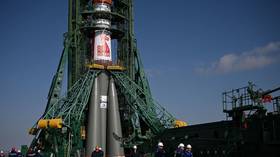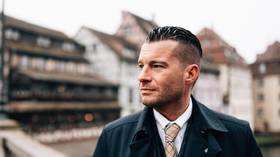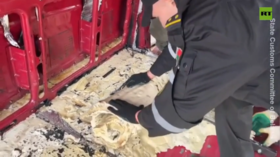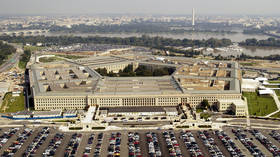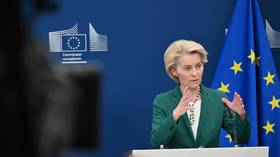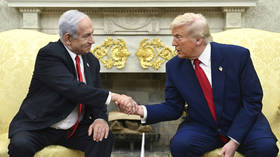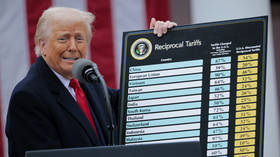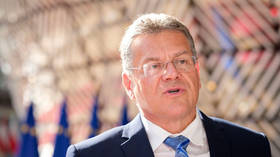RT journalist attacked by knife-wielding gang in Calais
RT UK's journalist Rob Edwards was attacked by a gang of knife-wielding 'Arabs' in the refugee hub of Calais. He made a narrow escape after being pinned down.
Edwards reported that the scene had been pretty peaceful in the daytime. He had been there for one week. However, on Friday, the situation has changed:
“I arrived at the Jungle camp around 10:00am. I had an appointment to meet a volunteer I was going to speak to. Very close to the entrance, as I was walking in, I was approached by a group of young men, of minors… They started asking me for cigarettes and then they got close and started to go through my pockets,” he said.
Just been attacked by a group of teens in #CalaisJungle, pinned against a wall and threatened with blade @RT_compic.twitter.com/DnbIfQKRka
— Robert Edwards (@RobertPEdwards) January 22, 2016“I tried to back away but they pushed me against the wall and drew knives. They had little knives with small blades. They also had a handkerchief, a napkin, which they tried to put into my mouth to stop me shouting. They began cutting my sleeve and asking for my camera,” he added.
Edwards managed to somehow break free. “Eventually, I managed to push away and run back towards the entrance to the camp,” he said adding that “they didn't take anything from [him].”
He escaped, finding refuge near the entrance to the camp, with volunteers, who “witnessed the attack from a distance.” There was no police assistance offered during the attack.
Young people in the #CalaisJungle have been abandoned, #humanrights trampled. I'm not surprised such attacks happen with such desperation.
— Robert Edwards (@RobertPEdwards) January 22, 2016“The attack was in the broad daylight and that surprised me. It was also on the one of the major roads in the camp, not down some back alley,” he said commenting on the incident.
At the same time, Edwards stressed that the Jungle camp is inhabited by many decent people in desperate need of help.
“As I [was working in the camp] migrants and refugees were very welcoming towards journalists. They wanted their stories told, although many did not want to share their identity,” he said.
“I am amazed by the number of unaccompanied minors under 18, who are [there]… in freezing cold temperatures, which are about minus five degrees Celsius in the night. Their rights under the UN Convention of the Rights of the Child are being trampled utterly, so you can completely understand their frustration and anger and desperation…” he added.
Bulldozers pull down #calaisjungle, migrants to move to container camp https://t.co/qQ35PO9tnGpic.twitter.com/wmpgoU6SS9
— RT (@RT_com) January 19, 2016Meanwhile, the situation is becoming tenser in the Calais Jungle as time goes by, Edwards says.
“Most violence that I have encountered this week has been between French police and various migrants and refugees. I have seen the evidence of [minors] being attacked by police,” Edwards said adding that plain clothes officers using police equipment allegedly attacked groups of migrants and refugees earlier.
"Heads split open, lips split open" - this is the picture seen every day, he said, as police and migrants clash amid the increasing desperation and much colder weather arriving.
Bitter arguments continue between London and Paris over who gets to bear the migrant burden, amid volunteer organization efforts to work for the immediate good of the people.
Dutch reporters brutally attacked at Calais migrant camp (VIDEO) https://t.co/uTdxwHoNrYpic.twitter.com/O1ZKS9LcqB
— RT (@RT_com) January 20, 2016Photojournalist Teun Voeten, who has been making a documentary in the 'Jungle' and ended up becoming a target of violence himself, says it's not as black-and-white as it may seem.
“We put it very clearly in the text… that some refugees attacked us and some refugees helped us,” he told RT. “So, basically, all we want to say is there are good refugees here and bad refugees.”
Voeten says he was “annoyed” with uniform coverage of all refugees as helpless victims, and he underlined that there were indeed very decent and highly intelligent people among them.
The big issue Voeten sees is that the strategy for dealing with the refugees is not concrete, and that gradually we are seeing the formation of slum-like immigrant and poor communities with increasingly little rule of law.



